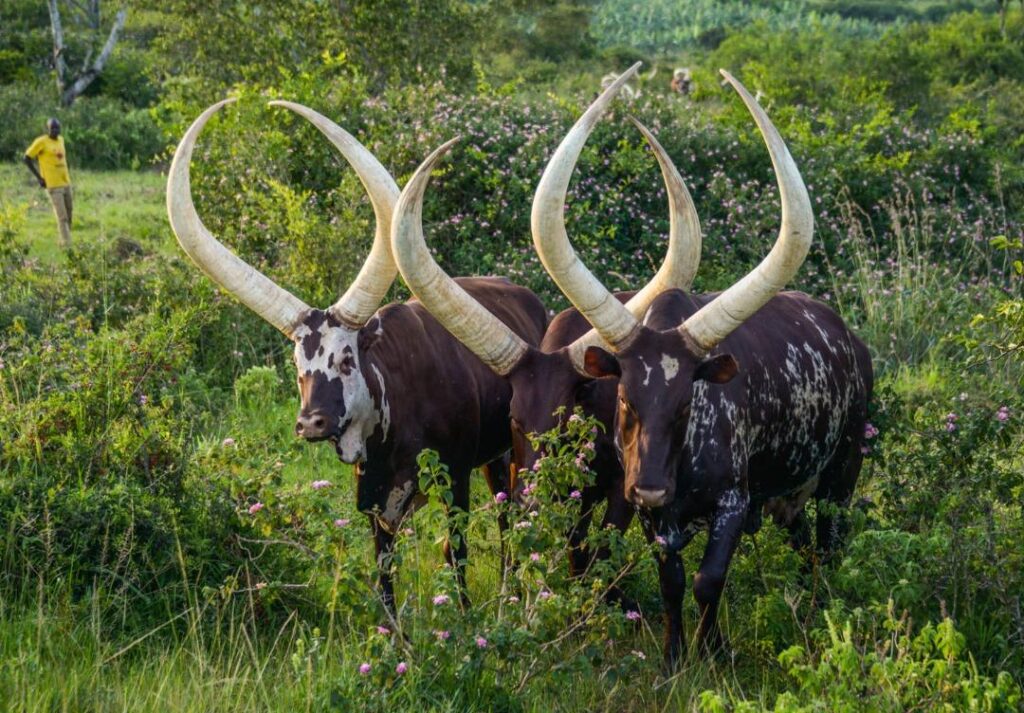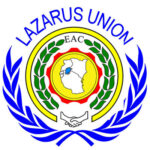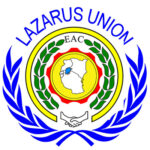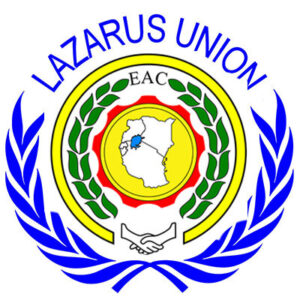BACKGROUND & FRAMEWORK
ECONOMIC BACKGROUND & FRAMEWORK CONDITIONS
The wholly state-owned National Enterprise Corporation (NEC) has founded a company called “Beef & Beans Ltd.” as part of a joint venture.
This NEC JV, specifically a meat processing company (canning production) with a connected abattoir for cattle, does not require any economic support as the production capacity has already been secured in advance.
Thanks to these favourable framework conditions, the project promises to be extremely lucrative. This made it possible to implement the highest technical standards during the planning and construction of the production facilities and to guarantee these for ongoing production. These fulfil the latest international standards, which are aimed at fulfilling EU supply chain laws and the associated export opportunities.
The aim of the project is to reduce Uganda’s dependence on imports, especially the annual meat imports (e.g. corned beef cans from South America), by replacing them with high-quality products from local production, reducing CO2-polluting supply chains and thus significantly reducing the environmental impact, while at the same time industrialising its own food production in a sustainable and responsible manner and strengthening the national currency.
The national importance of such projects arises from the fact that agriculture accounts for around 22.5 per cent of Uganda’s economic output, contributes over a third of foreign exchange earnings and creates by far the most jobs (2022).
Project benefits
- Dependence on imports is reduced.
- Sustainable industrialisation on site
- Creation of jobs
- Creation of an international HQ brand
- Creation and utilisation of synergies
- Strengthening the national currency
- Pilot project for the East African Community
MARKET ECONOMY OPERATION

The animals are kept on soil that has mostly never been in contact with artificial fertilisers, without any chemicals, hormones or other active substances that do not grow naturally. This means that this is food of the very highest organic quality, the likes of which are virtually unavailable on the world market. In Uganda, however, almost no importance has so far been attached to this fact. There is therefore incredible potential in the correct and active marketing of these organic and sustainable products from concrete animals. The potential lies in stopping or even reversing the repression of traditional cows, which do not require constant veterinary care, in favour of breeds that are not native to Uganda but produce more milk if it is possible to achieve higher prices for the traditional animals through quality awareness than has been the case to date. Preventing the abandonment of completely natural and organic livestock farming in favour of a variant that has already proven to be a mistake is also the declared aim of the Ugandan government.
Another extremely desirable effect is that if the abattoir can pay higher prices for the animals, it can also demand that the animals – unlike at present – are not tortured during transport by inadequate means of transport and careless handling. Quality meat must also always keep an eye on the husbandry and transport of the animals and strictly monitor them. This is not feasible at the current low prices for traditional animals, because ultimately the low price creates the pressure that causes animal suffering.
The AHCP will therefore ensure with several related sub-projects that the term “ANKOLE-HERITAGE” and the cattle breed behind it are recognised on the national, but above all also on the international market, thereby establishing and constantly expanding Uganda’s importance as a producer of the very best organic food.


